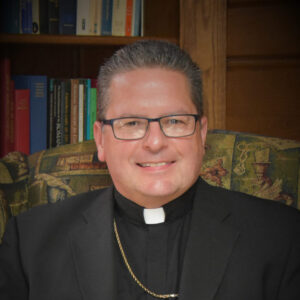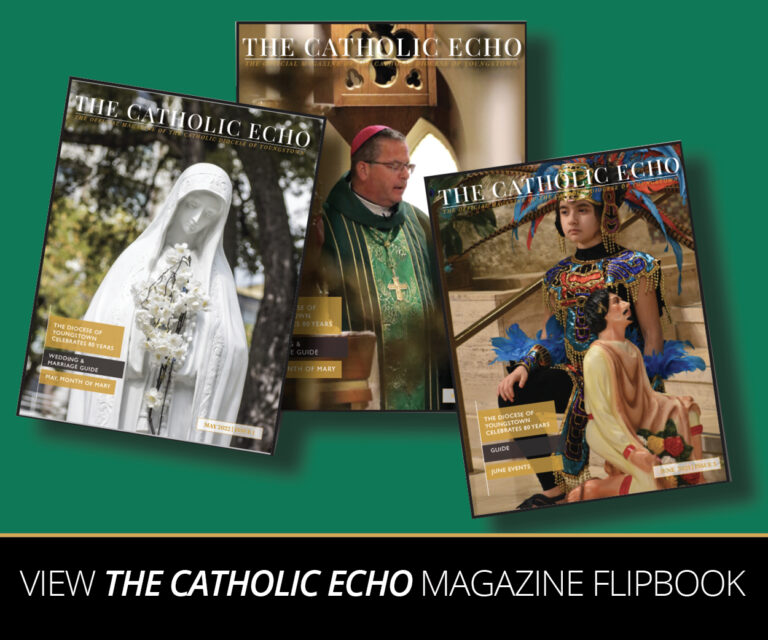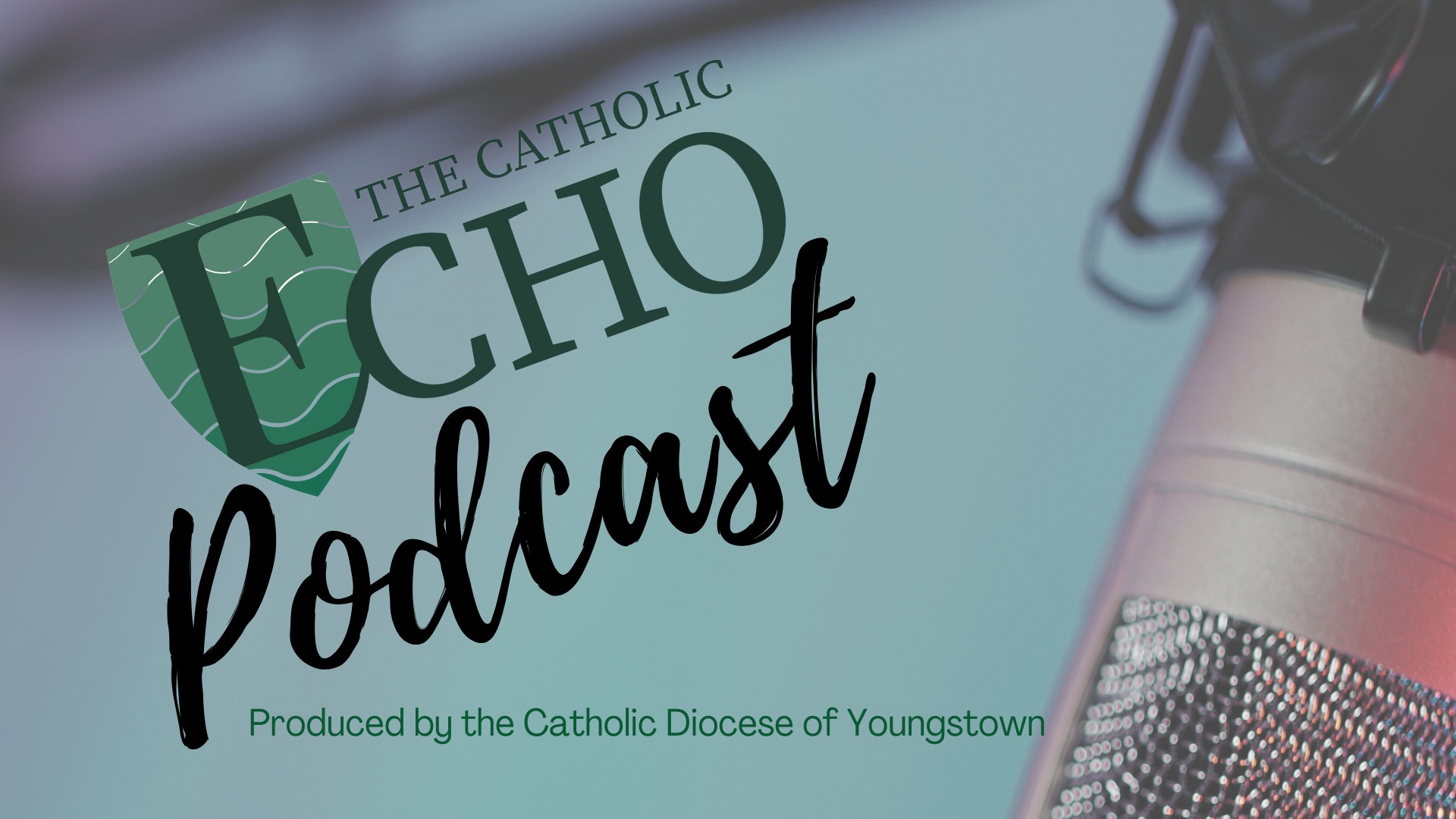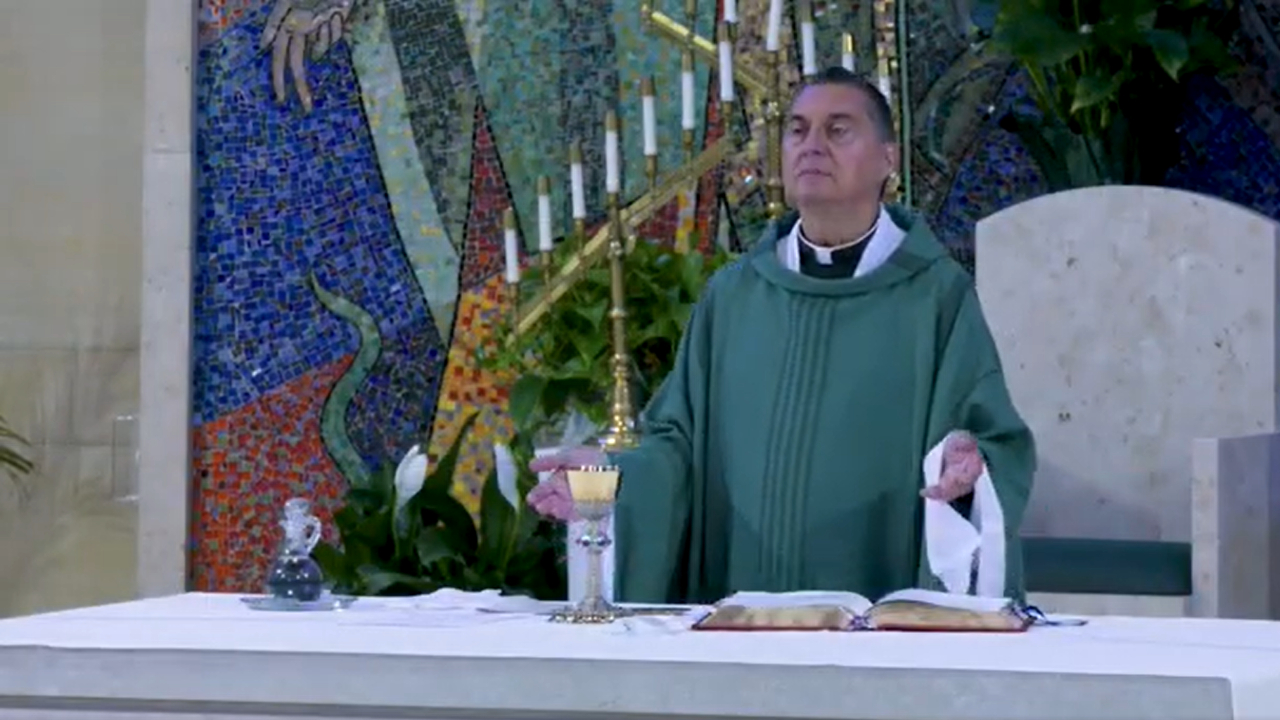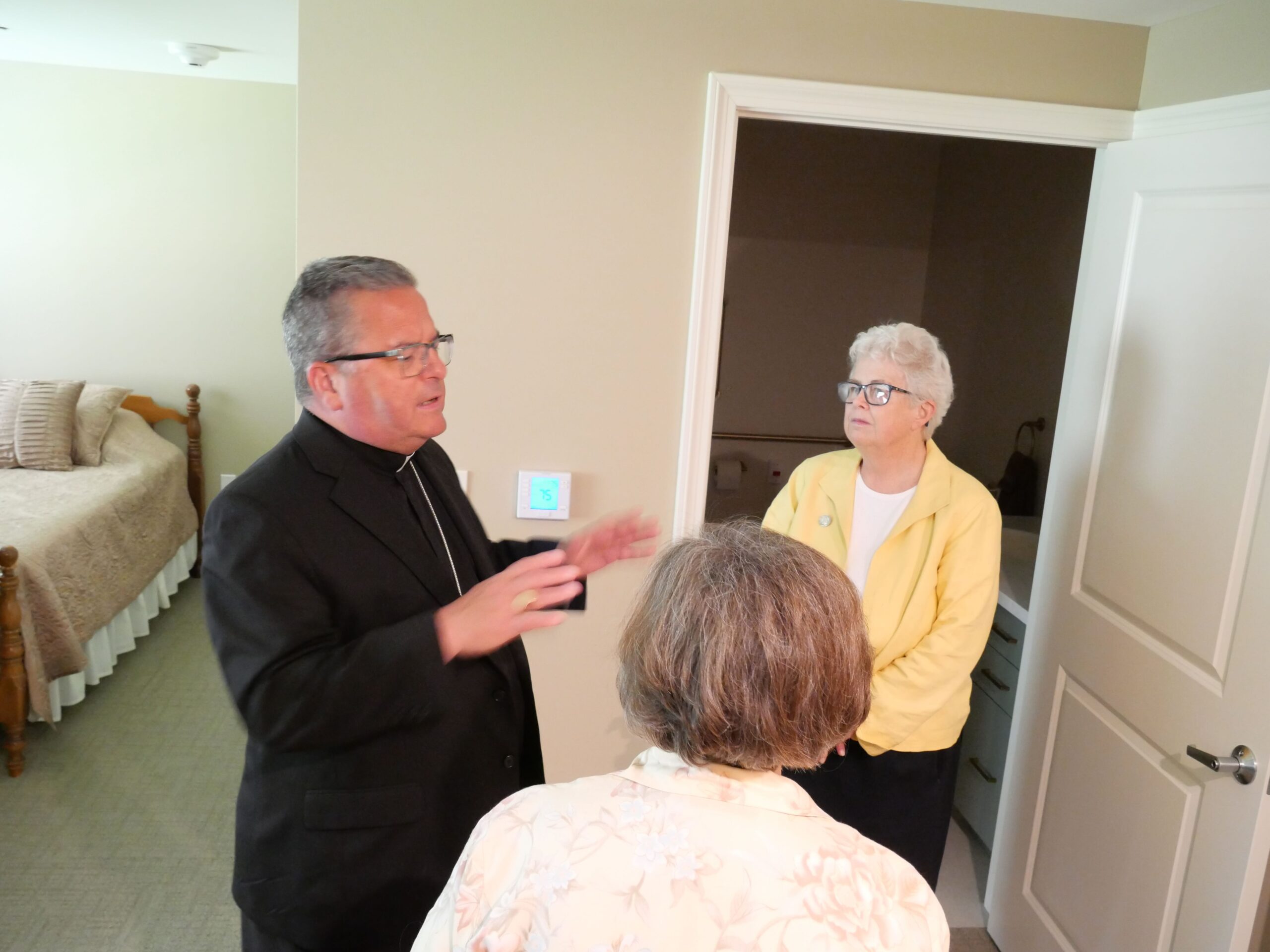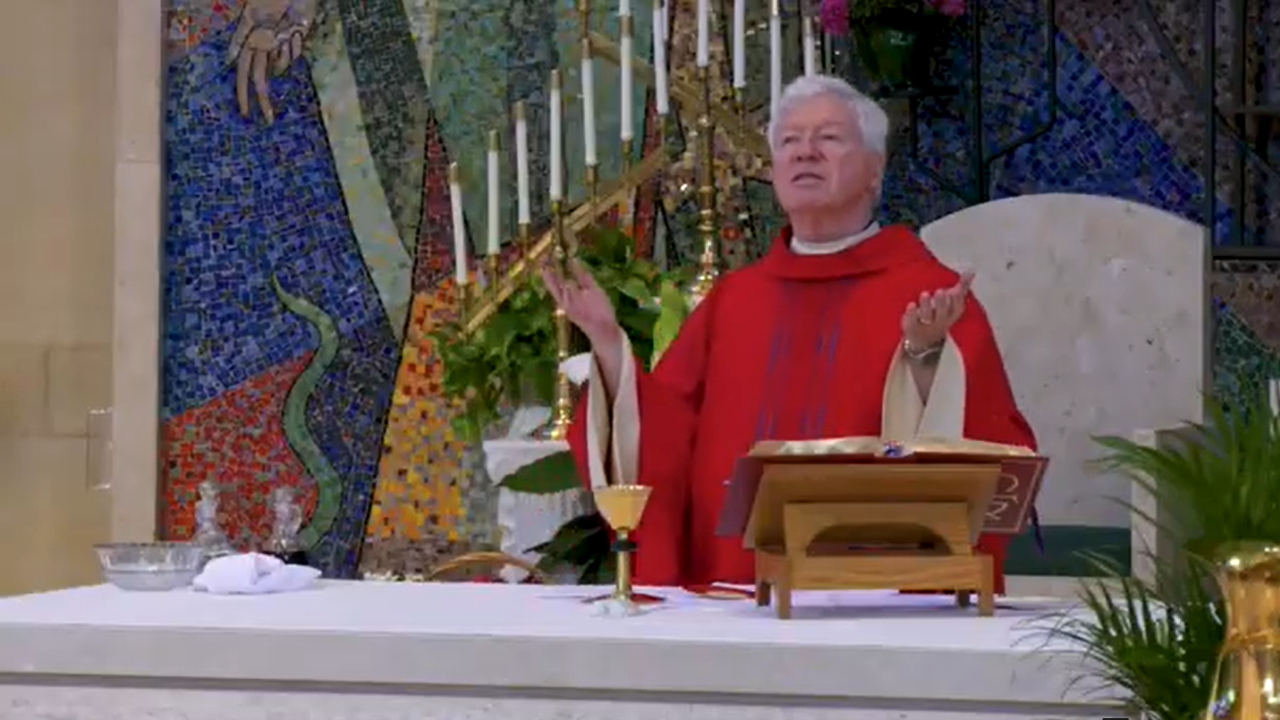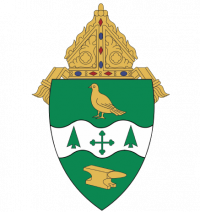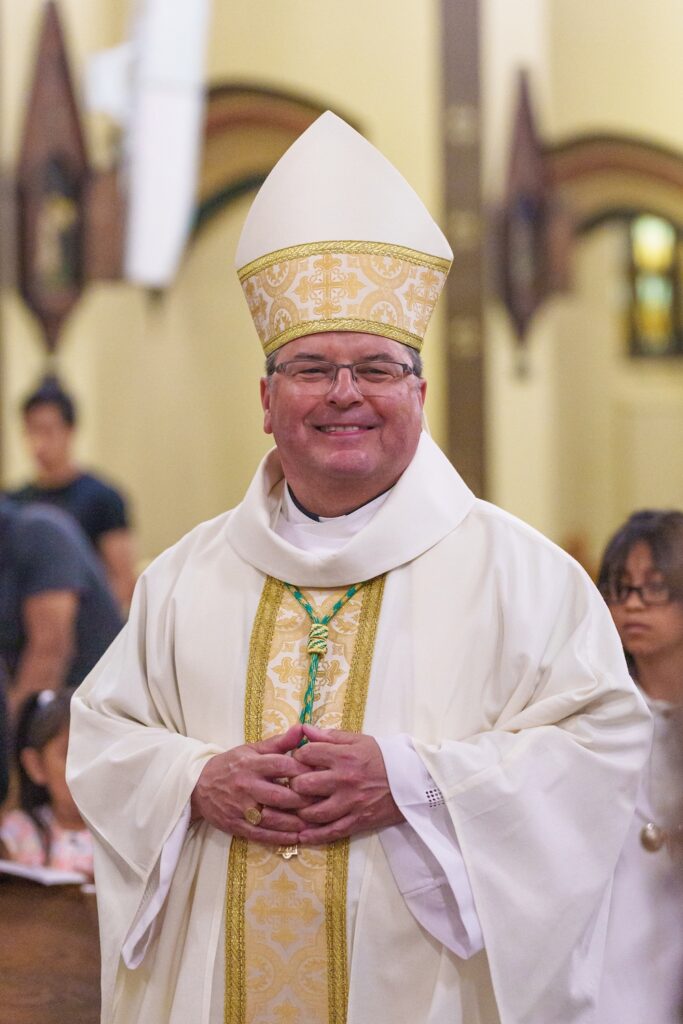
When I was a kid growing up with my four siblings, I remember many a rainy day sitting around the table and playing board games. Some of these games were modeled after the gameshows we watched on television. Having lived in this world over 60 years, I am amazed that some of these games are still running on television. For example, the original version of Jeopardy first aired on NBC in 1964. The gameshow continues today. What is it about this gameshow that has enabled it to withstand the test of time?
I believe it is the whole idea of “the question.” If you are familiar with the show, you know that the objective is to ask a question reflecting the answer.
Wherever there are human beings, inevitably there are questions. When I was a young priest, I remember my oldest nephew at the age of five always asking the question, “Why?” On the one hand, it was reassuring to know that this little guy possessed a curious mind. On the other hand, it frustrated my sister and her husband because they did not always have the answers to his perpetual questions.
As we mark the beginning of a new academic year, we welcome all our teachers, staff and students back to the classroom. In a particular way, we welcome our new superintendent of schools, Steven Jones, who comes to us from South Carolina. And, as always, we welcome the parents and guardians who accompany our students and support Catholic education in a myriad of ways.
At the same time, we welcome the beauty and complexity of the question—the reason for education. The question is a vehicle to growth and maturity. As challenging as questions may be, we must not fear them. Each question marks another step in our journey. Moreover, the questions we articulate can be so revealing about who we are and whose we are. The French writer and philosopher Voltaire once said, “Judge a man by his questions, rather than his answers.” The question is a key that can unlock a path of discovery filled with wisdom and knowledge. The German philosopher Frederich Nietzsche said, “He who has a why to live for can bear almost any how.”
Of course, our questions do not end when we graduate from school at whatever level of education. If anything, our questions only intensify from the mundane to the extraordinary. And when we place this all in the context of our Christian, Catholic faith, the question becomes even more important.
When we gaze at the Gospels, it goes without saying that Jesus in his life and ministry provides many answers to our questions. But Jesus also relies upon the question as a means to obtain answers and engender trust, humility and growth. As a spiritual exercise, I encourage you to choose a Gospel and prayerfully focus on the questions of Jesus. The questions Jesus asks can provide opportunities for spiritual insight and growth. When I retire, I would love to write a reflection book on the questions of Jesus, which I find so powerful and poignant.
As you know, the beginning of a new academic year brings with it a freshness for all of us. Standing on the threshold of this new time, pregnant with so many possibilities, I want to present one of Jesus’ questions for your consideration. In the first chapter of John’s Gospel, Jesus encounters John the Baptist and two of his disciples and asks, “What are you looking for?” They respond to Jesus with a question of their own, “Rabbi, where are you staying?” And Jesus says, “Come, and you will see” (John 1:38-39).
Every new beginning presents a moment to not just look, but also to listen and learn. What are you looking for? Hopefully, one thing we are all looking for, regardless of our age or state in life, is to grow, mature and be well so that we can be all that God desires us to be for His honor and glory. No doubt, if this is what we seek, then we should behold and respect the questions that emerge in our lives, trusting in Jesus who says, “And behold, I am with you always, until the end of the age” (Matthew 28:20).
Cuando era un niño, creciendo con mis cuatro hermanos, recuerdo muchos días lluviosos sentados alrededor de la mesa y jugando juegos. Algunos de ellos estaban inspirados en los juegos que mirábamos en la televisión.
Habiendo vivido en este mundo por más de 60 años, me sorprende que algunos de ellos todavía se transmitan por televisión. Por ejemplo, la versión original de Jeopardy que primero salió al aire en NBC en 1964. El programa de juegos continúa hoy en día. ¿Qué tiene este programa de juegos que le ha permitido pasar la prueba del tiempo?
Creo que es toda la idea de “la pregunta”. Si está familiarizado con el programa, usted sabe que el objetivo es hacer una pregunta que refleje la respuesta.
Donde haya seres humanos, inevitablemente habrá preguntas. Cuando era un joven sacerdote, recuerdo a mi sobrino mayor cuando tenía cinco años, siempre preguntando ¿Por qué? Por una parte era reconfortante saber que este pequeño chico poseía una mente curiosa. Por otra, frustraba a mi hermana y su esposo porque no siempre tenían las respuestas a sus eternas preguntas.
Al marcar el comienzo de un nuevo año académico, damos la bienvenida al salón de clases a todos nuestros maestros, personal y estudiantes. De manera particular, damos la bienvenida a nuestro nuevo Superintendente de Escuelas, Steven Jones, quien llega desde Carolina del Sur. Y, como siempre, damos la bienvenida a los padres y tutores que acompañan a nuestros estudiantes y apoyan la educación católica de diversas maneras.
Al mismo tiempo damos la bienvenida a la belleza y la complejidad de la pregunta, la razón para la educación.
La pregunta es un vehículo de crecimiento y madurez. Por más desafiantes que sean las preguntas, no debemos temerles. Cada pregunta marca otro paso en nuestra camino. Además, las preguntas que hacemos pueden revelar tanto sobre quiénes somos y de quién somos. El escritor y filósofo francés Voltaire una vez dijo, “Juzga a un hombre por sus preguntas en lugar de por sus respuestas.” La pregunta es una clave que puede abrir un camino de descubrimiento lleno de sabiduría y conocimiento. El filósofo alemán Frederich Nietzsche dijo, “Aquel que tiene un por qué vivir, es capáz de soportar cualquier cómo.”
Por supuesto, las preguntas no terminan cuando nos graduamos de la escuela sea cual sea el nivel de educación. En todo caso, nuestras preguntas solamente se intensifican pasando de lo mundano a lo extraordinario. Y cuando colocamos todo esto en el contexto de nuestra fe Cristiana, Católica, la pregunta se convierte en algo incluso más importante.
Cuando miramos los Evangelios, no hace falta decir que Jesús en su vida y ministerio nos da muchas respuestas a nuestras preguntas. Pero Jesús también confía en la pregunta como un medio para obtener respuestas y generar confianza, humildad y crecimiento. Como ejercicio espiritual, lo animo a elegir un Evangelio y mientras lo lee, enfocarse en oración en las preguntas de Jesús. Las preguntas que hace Jesús pueden brindar oportunidades para el conocimiento y el crecimiento espiritual. Cuando me jubile, me encantaría escribir un libro de reflexión sobre las preguntas de Jesús, lo que encuentro tan poderoso y conmovedor.
Como saben, el comienzo de un nuevo año académico trae consigo frescura para todos nosotros. En el umbral de esta nueva etapa llena de muchas posibilidades, quiero presentar, para su consideración, una de las preguntas de Jesús. En el primer capítulo del Evangelio de Juan, Jesús encuentra a Juan el Bautista y a dos de sus discípulos y les pregunta, ¿Qué buscan? Ellos respondieron a Jesús con su propia pregunta, “Rabbi, ¿Dónde vives?” Y Jesús les dijo, “Vengan y lo verán” (Juan 1, 38-39).
Cada nuevo comienzo presenta un momento no sólo para mirar sino que también para escuchar y aprender. ¿Qué es lo que buscan? Espero que todos busquemos una cosa, sin importar nuestra edad o etapa en la vida, esta es crecer, madurar y estar bien para que podamos ser todo lo que Dios desea que nosotros seamos para su honor y gloria. Sin duda si esto es lo que buscamos, entonces debemos contemplar y respetar las preguntas que surgen en nuestra vidas, confiando en Jesús que dice, “Yo estoy con ustedes todos los días hasta el fin de la historia” (Mateo 28,20).
